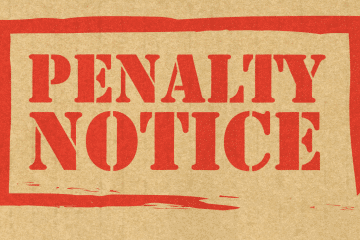Do I need a separate business account for my writing income?

It isn’t a legal requirement to have a business bank account but, unless you have just a few transactions a year, we’d recommend having a separate account for your writing income. Here’s why:
- You’ll save time (and possibly money). Having your business and personal accounts mixed up means a lot more work in preparing your accounts as personal transactions need to be looked at and dealt with. If these were in a separate account then nothing would need to happen with those transactions.
- You’ll save tax. If you’re disciplined and organised with your record keeping you’ll record all your business expenditure and won’t miss out. If it’s all chucked into one pot then there’s more chance something that you could claim for will get missed off. Our guide to Tax Deductions For Writers has more details on things you can claim.
- It’s more private. We don’t want to see what you’re spending your money on privately (really!) – and you may not want to present that information to HMRC either.
- If you have a tax enquiry then a tax inspector will usually only ask to see the records of the entity they’re looking into. If you’re running things through personal accounts too then they may ask to see lots of other personal stuff. You may have nothing to hide but you might struggle to remember what that £500 paid into your account 3 years ago was all about.
- You may be in breach of your bank’s terms and conditions. Most have a clause that says the account can’t be used for business purposes. In practice many banks do let a small amount of trading income go under the radar.
And if you’re running your business through a limited company…?
Definitely. The best way to think about a limited company is to imagine it’s another person. You wouldn’t run another person’s transactions through your own bank account so why do it with a limited company? Here’s a few extra reasons:
- It might be harder to convince HMRC that it’s a genuine business expense if it has been paid for through a personal account. HMRC expects a company to be run properly as a separate legal entity. Mixing up personal and business money can lead to a much closer examination.
- If you are holding money personally that actually belongs to the company then you can cause some other issues. Technically you’ve borrowed the money from the company and you may need to complete form P11D to report your tax free loan (and pay tax on it). Your company many also need to pay an special tax on money it has lent you (called s455 tax). Both of these could cause you to have an unexpected tax bill or penalties for failing to do things properly.
If you are thinking about running your writing business though a limited company then read our “Should a writer set up a limited company” guide.
Costs
Opening a business bank account needn’t cost a lot of money. Some of the new banks like Starling or Tide offer free business banking and decent apps for managing your money.

